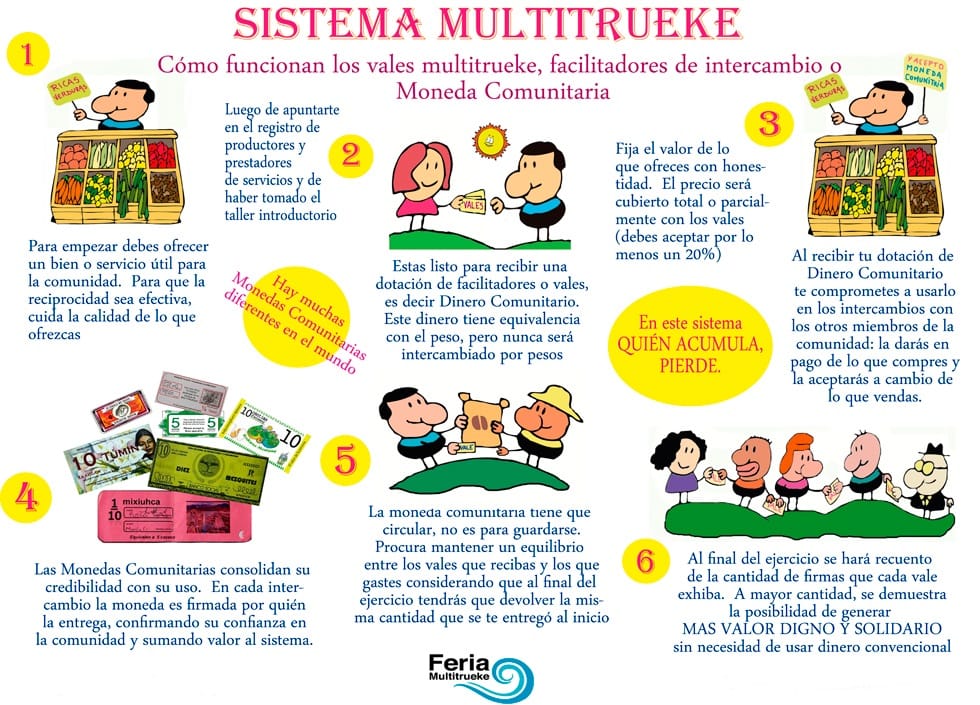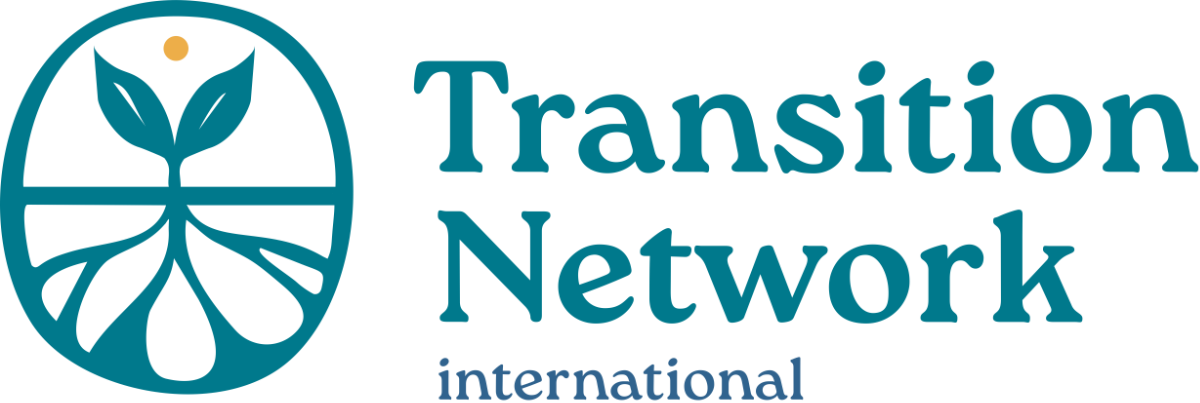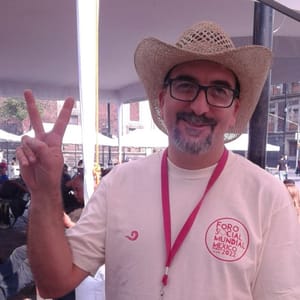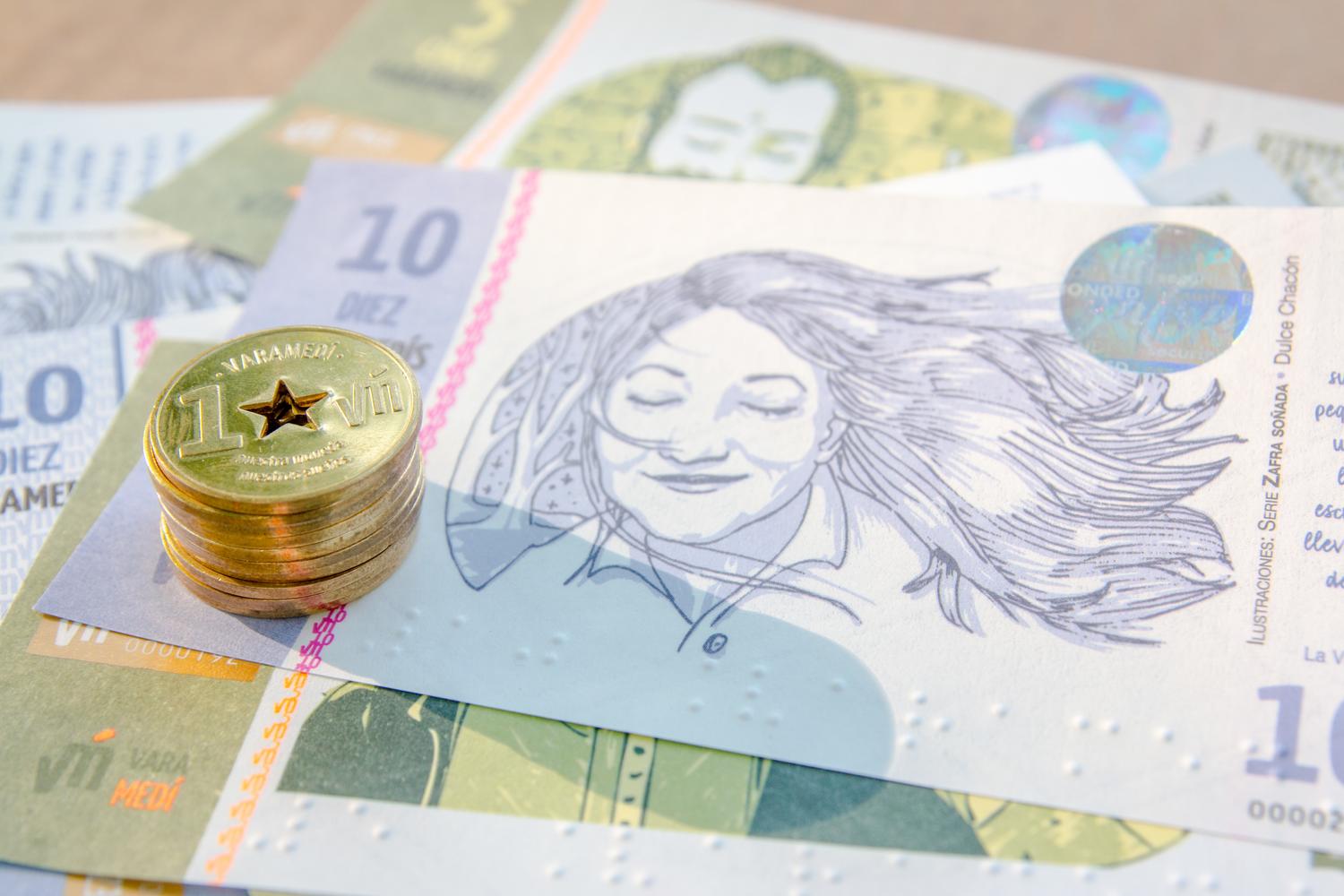This practice consists of creating a community of prosumers who exchange products and services, creating a process of eco-social regeneration around the local economy, thanks to the exchange facilitator that is social currency.
It serves to regenerate the local economy and local communities, to weave trust in the act of consumption, to weave the economy around local production and the real needs of communities and finally to support productive processes that are regenerative for the ecosystemic environment.
Some ideas to practise Social currencies
In the communities and networks, different ways of exchange and social currencies are practised:
- bartering
- multi-trade, a community bartering facilitated by the use of social currency
- tequio or manovuelta, a voluntary provision of collective work to generate a common benefit
How could this work?
A network of prosumers is created to cross demand and supply and meet the needs of the community.
Each prosumer signs a letter of commitment for the annual cycle – with agreements on the community functioning of the network.
Each prosumer receives an endowment of social currency (e.g. 100, 200 or 500 units). For one year, this currency will facilitate the exchange of products and services within the network, creating a community economic support system in which the guiding principle is not to accumulate social currency but to seek balance and multiply exchanges, regenerating a local circular economy.
Monthly exchange fairs are organised, but prosumers can continue to exchange between fairs.
The community that is formed is also one of solidarity consumption, creating links with similar networks in order to import products that cannot be produced locally through solidarity trade.
At the end of the annual cycle, a balance sheet is drawn up and financial compensation is paid to prosumers who have not reached equilibrium.

Why implementing Social currencies?
The practice is a stimulus for community members to become prosumers, i.e. producers who are also consumers of the products and services offered within the solidarity network. Therefore, prosumer communities are generated, where supply and demand intersect by checking what each one offers in terms of products and services, and what each prosumer needs.
The use of an exchange facilitator -the social currency- is introduced and a periodical counting of exchanges is made -local economy bank- until the end of the annual cycle, where a final balance is made to balance.
This practice of using social currencies in prosumer communities is applied in many collectives in Mexico and Latin America and has generated a lot of interest in replication. It has proven to be a good exercise to regenerate the local economy and stimulate good local production and consolidate virtuous circuits of trust between people that socially regenerate communities, many of these projects have been active for years and have created a solid network of exchange of experiences and knowledge around solidarity and transformative economies throughout Latin America.
Diving deeper
Watch the recording of the webinar
You can use the below resources to become more skilled at this. Explore them at your own leisure, before or after checking out the workshop happening on July 3rd.
Resources in Spanish
- Manual de monedas comunitarias Multitrueke Mixiuhca
- Página web de la Multitrueque Mixiuhca
- Sistema Multitrueque
- Documental de Monedas Comunitarias Transición México
- Páginas web del Foro Social Mundial:
WSF2024Nepal
Economía Solidaria FSM2024 - Currículum global de Economía solidaria
- Faros de esperanza para transformar la economía. La Coperacha (vídeo 5')
- Sistematización y Mapeo de la Campaña por un Currículum Global de la Economía Social y Solidaria, y de la Universidad del Buen Vivir (pdf)
Resources in English
- Multitrueke Mixiuhca Community Currencies Handbook
- Community Currencies Transición México documentary (English subtitles)
- Global Curriculum of the Social Solidarity Economy
- Beacons of hope to transform the economy. La Coperacha (5' video, automatic subtitles available)
- Systematisation and mapping of the Buen Vivir University and the campaign for a global curriculum of the social and solidarity economy (pdf)
- WSF2024Nepal
Stay engaged
Opportunities to keep connected and learn more
There are other training spaces and communities of practice, for example the Global Solidarity Economy Curriculum campaign.
In the past, the Mixiuhca has offered more structured and extensive online training on the practice of social currencies. It would be a matter of accommodating the timing between the organisations and the commission of pollinators of the Mixiuhca Multitrueque Community.
We are currently consolidating a solidarity economy network in the bioregion north of the Mexico City conurbation (Comunidad de prosumidores NOAA) and we are part of a network of prosumers of the CDMX (Feria Multitrueke Mixihuca), heir of the first community of solidarity exchange in Mexico, the Tláloc.
The Transition Movement Virtual Platform could also provide opportunities to keep in touch and keep exploring this topic together.



Member discussion